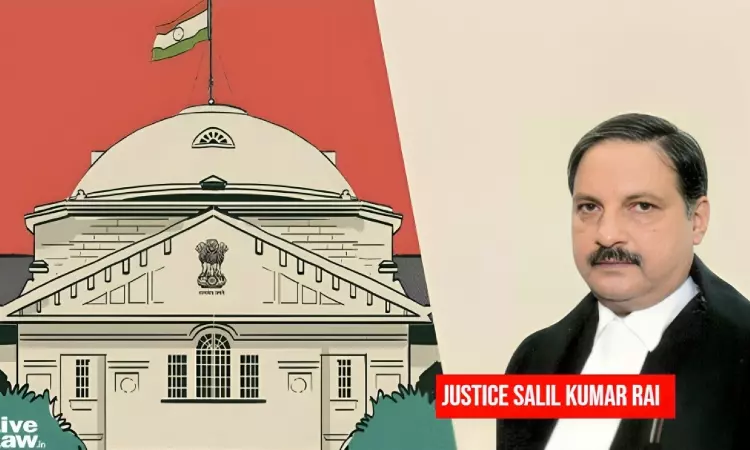The Allahabad High Court has held that merely because an employee in a part of the Central Government services will not entitle him to appointment in Provincial Services. It was held the State Government cannot mechanically appoint him despite having criminal case pending against such employee.While dealing with a case where the Petitioner was booked under the Dowry Prohibition Act, 1961,...

